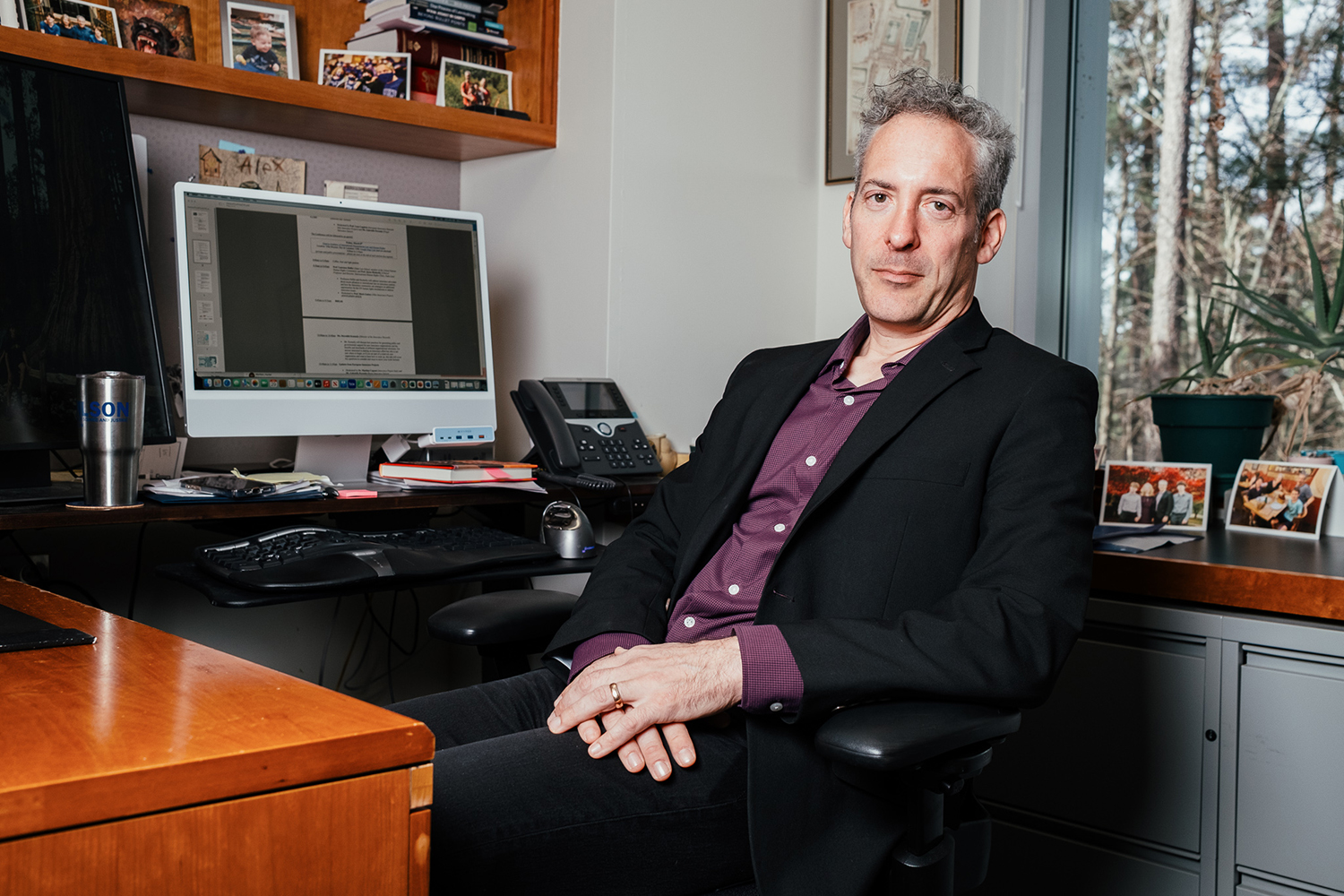States and jurisdictions across the United States are ending their reliance on cash bail. Harris County, Texas – the home of Houston and third largest urban jurisdiction in the country – is one model of successful reform. In 2019, Harris County began allowing people charged with misdemeanors to be released back into their community without paying cash while they await trial as a part of a comprehensive set of reforms adopted under the O’Donnell consent decree. A court-appointed independent monitor was also set up to review and report on the reforms.
To better understand bail reform in Harris County, we spoke with the monitor, Professor Brandon L. Garrett.
- Garrett: Before the O’Donnell litigation, there were about 50,000 people a year arrested for misdemeanors. Most were jailed following very brief hearings – sometimes seconds long – where magistrates were required to follow a rigid cash bail schedule, rather than carefully considering public safety and liberty. Many people were in jail because they couldn’t afford bonds in very low-level cases set from $500 to $2,999. The federal court found that system unconstitutional.
- Garrett: The reforms under the consent decree have had a huge impact on the entire community. For one, people have not had to rely on the bail bond industry to secure their release. If people pay a bail bondsperson, they typically pay a 10% nonrefundable fee that they never see again. This added up to many millions of dollars. And these are people who can least afford to make this kind of sacrifice. Another benefit has been that people can keep their jobs and childcare when they aren’t incarcerated pretrial. Under the old system, the community costs in terms of lost wages and childcare and other lost income ran in the millions of dollars. Additionally, Harris County has saved an enormous amount of money because it’s extremely expensive to hold people in jail. By comparison, the costs of providing public defenders and improving the quality of bail hearings has been surprisingly small.
- Garrett: One of the flaws of the old misdemeanor system in Harris County was that public safety was irrelevant; bail was set using a rigid schedule. And one question, given the scale of the system being reformed, was what would happen as these reforms were implemented. We have tracked misdemeanor arrests and rearrests for several years now. We have seen that the numbers of people being arrested and rearrested declined over time, with now about 10,000 fewer people arrested for misdemeanors. The entire misdemeanor system has shrunk. This has been a public safety success.In more serious misdemeanor cases, there is a more robust bail hearing where public safety and community factors can be more carefully explored. But the O’Donnell reforms are holistic and go beyond bail types and bail hearings. For example, a lot of work was put into developing better tools to notify people of their court dates; as well as support for indigent defense. The goal is to improve the entire system.
- Garrett: The results that we’ve seen over the four years that we’ve been doing this work continue to be remarkably consistent in terms of the positive effects of bail reform.
- Garrett: The experience of Harris County under this consent decree provides important guidance to jurisdictions thinking about how to handle misdemeanor pretrial reform. One important lesson that we can quite convincingly show – and we’ve done causal economic studies of this as well – is that these large-scale reforms result in similarly large-scale benefits, both in terms of public safety and liberty. Our focus has been on misdemeanors. However, it shows that any jurisdiction can start by rethinking how to handle low-level cases and use that reform to generate new possibilities for the entire system.
The success of bail reform isn’t limited to Harris County. At The Bail Project we’ve provided free bail assistance to nearly 30,000 people nationally over the past 6 years. Our data, just like that in the O’Donnell monitor report, proves that people return to court without any financial obligation. The elimination of cash bail creates a safe and more equal justice system – something that every Texan and every American deserves.
Our conversation has been edited for length and clarity.
Thank you for reading. The Bail Project is a 501(c)(3) nonprofit organization that is only able to provide direct services and sustain systems change work through donations from people like you. If you found value in this article, please consider supporting our work today.











